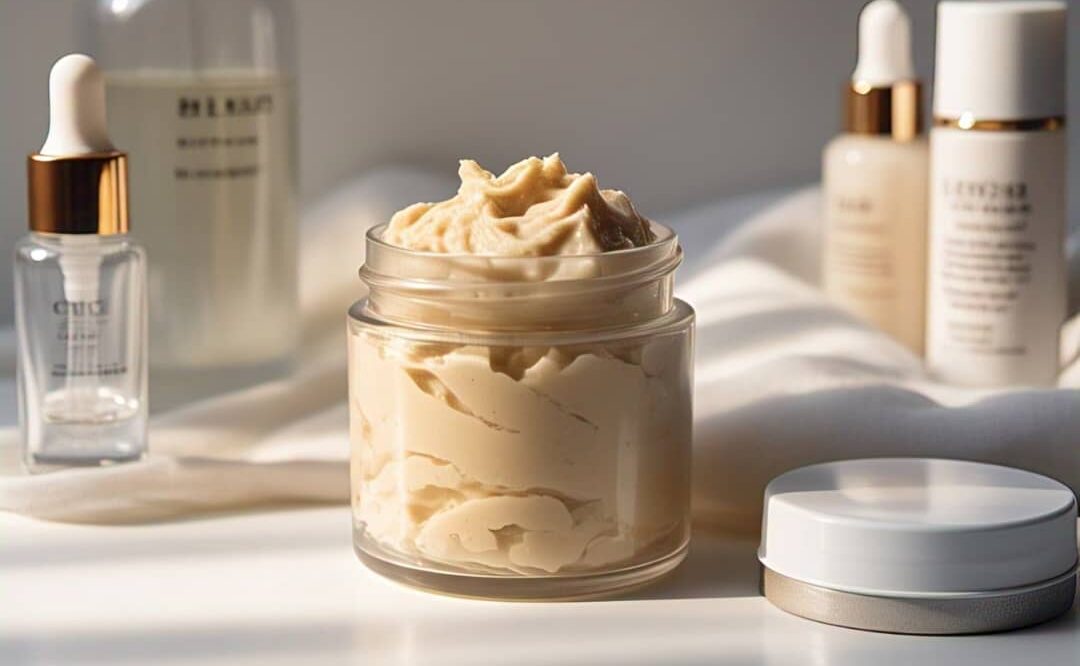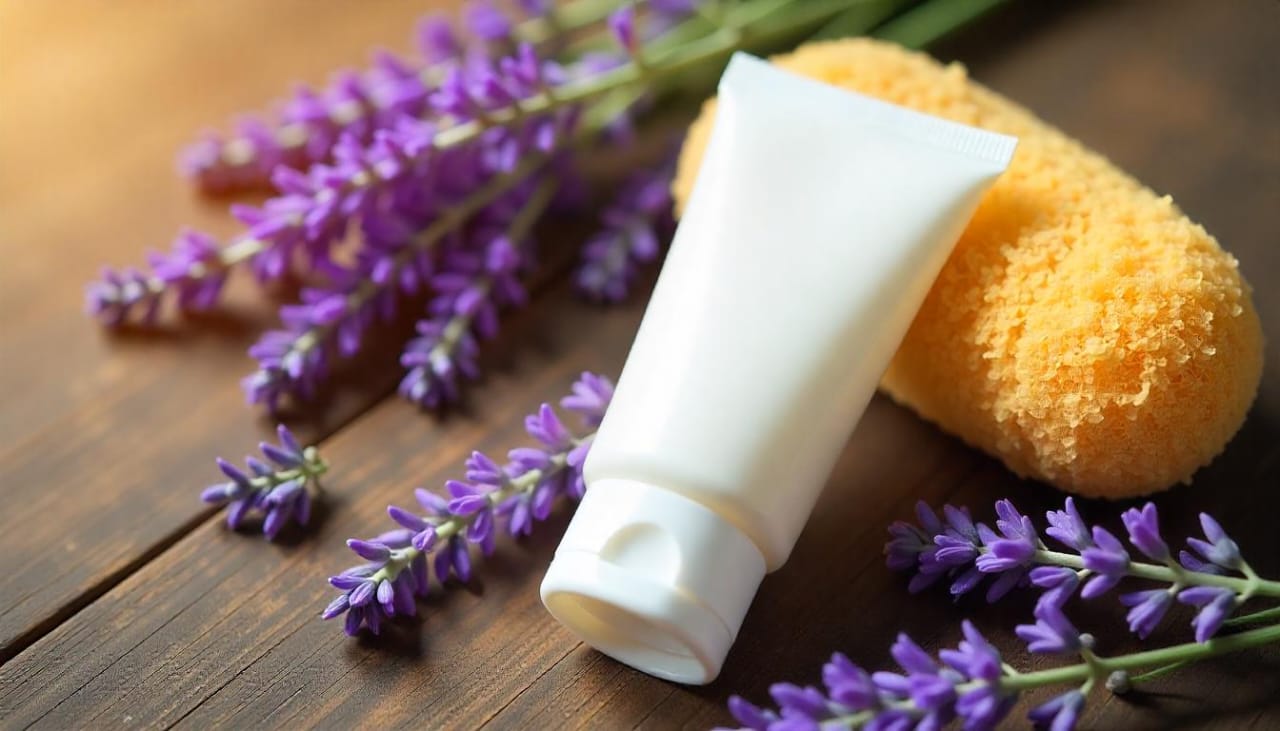Clay Masks: Purifying and Detoxifying
Clay masks are among the most popular and effective facial treatments for those with oily and acne-prone skin. These masks contain natural clays like bentonite, kaolin, or French green clay, which help absorb excess oil, draw out impurities, and unclog pores. The detoxifying nature of clay masks makes them ideal for preventing breakouts and reducing the appearance of blackheads. In addition to their cleansing properties, these masks also help to mattify the skin and provide a smooth, even texture. Some clay masks are infused with additional ingredients such as activated charcoal for deep purification or essential oils for added hydration. While they work wonders for oily skin, individuals with dry or sensitive skin should use them cautiously and follow up with a hydrating moisturizer to prevent excessive dryness.
Sheet Masks: Instant Hydration and Glow
Sheet masks have gained immense popularity due to their convenience and effectiveness. These masks are typically made from cotton, hydrogel, or bio-cellulose and are soaked in serums enriched with beneficial ingredients such as hyaluronic acid, vitamin C, and botanical extracts. The primary benefit of sheet masks is their ability to provide an instant surge of hydration, making them perfect for those with dry or dehydrated skin. Since the serum remains in contact with the skin for an extended period, it allows for deeper penetration of the active ingredients. Many sheet masks are designed to target specific skin concerns, including brightening, anti-aging, soothing, and firming. Unlike clay masks, which need to be washed off, sheet masks can be easily removed, and any leftover serum can be gently massaged into the skin for maximum absorption. For best results, using a sheet mask a few times a week can help maintain a healthy and radiant complexion.
Peel-Off Masks: Exfoliation and Blackhead Removal
Peel-off masks offer a unique skincare experience by providing exfoliation and removing dead skin cells, blackheads, and impurities from the surface of the skin. These masks are usually formulated with ingredients like fruit enzymes, charcoal, or polyvinyl alcohol, which create a film-like layer that adheres to the skin. Once dried, the mask is peeled off, taking with it dirt, oil, and other debris trapped within the pores. One of the key benefits of peel-off masks is their ability to improve skin texture, leaving it smooth and refreshed. Additionally, they can help refine pores and enhance the skin’s overall appearance. However, some peel-off masks can be harsh, especially those containing strong adhesives, so they should be used in moderation to avoid irritation or damage to the skin barrier. It is advisable to follow up with a soothing moisturizer after using a peel-off mask to keep the skin balanced and hydrated.
Gel Masks: Soothing and Cooling Sensation
Gel masks are an excellent choice for individuals with sensitive or irritated skin, as they provide a soothing and cooling effect. These masks are usually water-based and contain hydrating ingredients such as aloe vera, cucumber extract, and chamomile. The lightweight and refreshing texture of gel masks makes them ideal for calming redness, reducing inflammation, and providing deep hydration. They are particularly beneficial after sun exposure, post-facial treatments, or when the skin feels stressed and in need of a moisture boost. Many gel masks can also help in plumping the skin and reducing the appearance of fine lines by enhancing moisture retention. Unlike clay or peel-off masks, gel masks do not dry out the skin and are gentle enough to be used multiple times a week. Some variants come in overnight formulas, allowing the skin to absorb the nourishing ingredients while you sleep, resulting in a radiant complexion the next morning.
Cream Masks: Deep Nourishment and Repair
Cream masks are rich, emollient-based treatments designed to provide intense hydration and nourishment to dry and mature skin. They often contain deeply moisturizing ingredients such as shea butter, glycerin, ceramides, and essential oils. These masks work by replenishing the skin’s moisture barrier, preventing dehydration, and promoting a healthy, youthful glow. Cream masks are particularly beneficial for individuals experiencing dryness, flakiness, or fine lines, as they help restore suppleness and elasticity. Unlike clay or peel-off masks, which can strip moisture from the skin, cream masks infuse it with essential nutrients, leaving it soft and plump. They are best used during colder months or as an overnight treatment to maximize hydration benefits. Many cream masks also contain anti-aging ingredients such as peptides and retinol, making them an excellent addition to an anti-aging skincare routine.
Charcoal Masks: Deep Cleansing and Pore Refinement
Charcoal masks have gained widespread popularity for their powerful detoxifying and deep-cleansing properties. Activated charcoal, a key ingredient in these masks, acts like a magnet, drawing out dirt, toxins, and excess oil from the skin. This makes charcoal masks particularly effective for individuals with oily or acne-prone skin, as they help clear out congested pores and reduce breakouts. Some charcoal masks also contain additional ingredients like salicylic acid, tea tree oil, or niacinamide, which further enhance their acne-fighting abilities. Regular use of charcoal masks can result in clearer, smoother skin with visibly reduced pores. However, because of their strong purifying properties, they should not be overused, as they can potentially dry out the skin. To maintain a balanced complexion, it is recommended to follow up with a hydrating serum or moisturizer after using a charcoal mask.
Sleeping Masks: Overnight Hydration and Skin Renewal
Sleeping masks, also known as overnight masks, are designed to work while you sleep, providing long-lasting hydration and nourishment. These masks are typically lightweight, gel-based, or cream-based and contain ingredients that help repair and rejuvenate the skin overnight. Some common ingredients found in sleeping masks include hyaluronic acid, niacinamide, ceramides, and antioxidants, all of which contribute to skin renewal and restoration. Unlike traditional face masks, which need to be rinsed off after a short period, sleeping masks are left on overnight, allowing the skin to absorb all the beneficial nutrients. They are particularly beneficial for individuals with dry, dehydrated, or aging skin, as they help restore moisture levels and improve skin elasticity. Using a sleeping mask a few times a week can help achieve a plumper, more radiant complexion by morning.
Conclusion
Face masks come in a variety of formulations, each offering unique benefits tailored to different skin concerns. Whether you’re looking for deep cleansing, hydration, exfoliation, or anti-aging benefits, there is a face mask suited for your needs. Incorporating the right mask into your skincare routine can enhance your skin’s overall health, leaving it looking and feeling its best. By understanding the different types of face masks and their specific advantages, you can choose the most effective treatments to achieve your skincare goals.





